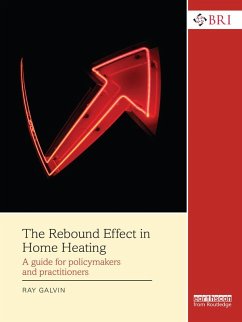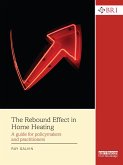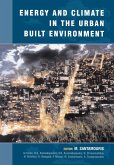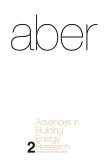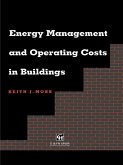This is a definitive guide to the rebound effect in home heating - the increase in energy service use after a technological intervention aimed at reducing consumption. It sets out what the effect is, how it plays out in the home heating sector, what this implies for energy saving initiatives in this sector, and how it relates to rebound effects in other sectors. The book outlines how the concept of the rebound effect has been developed and the scope of research on it, both generally and particularly in the home heating sector. Within the context of energy and CO2 emissions policy, it summarises the empirical evidence, exploring its causes and the attempts that are being made to mitigate it. Various definitions of the rebound effect are considered, in particular the idea of the effect as an energy-efficiency 'elasticity'. The book shows how this definition can be rigorously applied to thermal retrofits, and to national consumption data, to give logically consistent rebound effect results that can be coherently compared with those of other sectors, and allow policy makers to have more confidence in the predictions about potential energy savings.
Dieser Download kann aus rechtlichen Gründen nur mit Rechnungsadresse in A, B, BG, CY, CZ, D, DK, EW, E, FIN, F, GR, HR, H, IRL, I, LT, L, LR, M, NL, PL, P, R, S, SLO, SK ausgeliefert werden.

